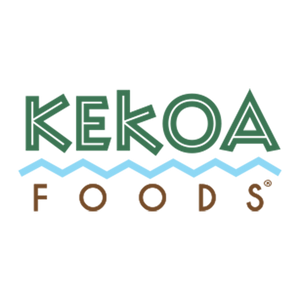
All parents want the best for our little ones, and that starts with the very food we choose to nourish them. When it comes to baby food, the debate between organic and conventional options can leave many of us feeling torn about the right choice. To help you make an informed decision, we’ve outlined the key differences between organic and conventional baby food and the benefits that organic options can provide our children.
Organic vs. Conventional Baby Food: What Are the Differences?
- Farming Practices
Organic baby food is made with ingredients grown using organic farming practices. These practices prioritize soil health, water conservation, and biodiversity, employing techniques such as crop rotation, cover cropping, and reduced tillage. Organic farms avoid synthetic pesticides, herbicides, and fertilizers, instead using natural alternatives like compost and biological pest control.
Conventional baby food, on the other hand, is made from ingredients grown using traditional farming practices, which may involve harmful chemicals like synthetic pesticides, herbicides, and fertilizers. These practices can potentially expose babies to chemical residues.
- GMOs and Additives
Organic baby food is free from genetically modified organisms (GMOs), artificial preservatives, colors, and flavors. This means that when you choose organic baby food, you're feeding your baby food that is as close to its natural state as possible.
Conventional baby food could contain GMOs and artificial additives, which some studies have linked to possible health concerns.
The Benefits of Organic Baby Food
- Lower Pesticide Residue Exposure
By choosing organic baby food, you decrease the likelihood of your baby being exposed to pesticide residues. A study published by the National Institutes of Health has revealed organic produce has significantly lower levels of pesticide residues than conventional produce.
- Higher Nutrient Content
Organic baby food may contain higher levels of key nutrients your baby needs for growth and development. A study published in the British Journal of Nutrition found that organic crops have higher concentrations of antioxidants, lower levels of toxic metals, and lower levels of nitrogen compounds compared to conventional crops.
- Environmentally Friendly
Organic farming practices are more environmentally friendly than conventional methods. These practices promote soil health, conserve water, and support biodiversity. By choosing organic baby food, you're not only nourishing your child but also contributing to a healthier and more sustainable planet.
- Supporting Ethical Practices
Organic farming often goes hand-in-hand with fair labor practices, animal welfare, and community development. By buying organic baby food for your child, you support a transparent and traceable supply chain that values the well-being of workers, animals, and communities.
When it comes to your baby’s health and well-being, choosing organic baby food has several benefits over conventional baby food, from reduced pesticide exposure to higher nutrient content. By opting to feed your baby organic, you can feel confident that you're providing your little one with the best possible start in life while also supporting a sustainable and ethical food system.
At Kekoa Foods, we're committed to providing delicious, organic baby food made from ethically sourced ingredients. To explore our range of nutrient-dense, great-tasting, and good-for-the-environment options for your babies, visit our products pages.
